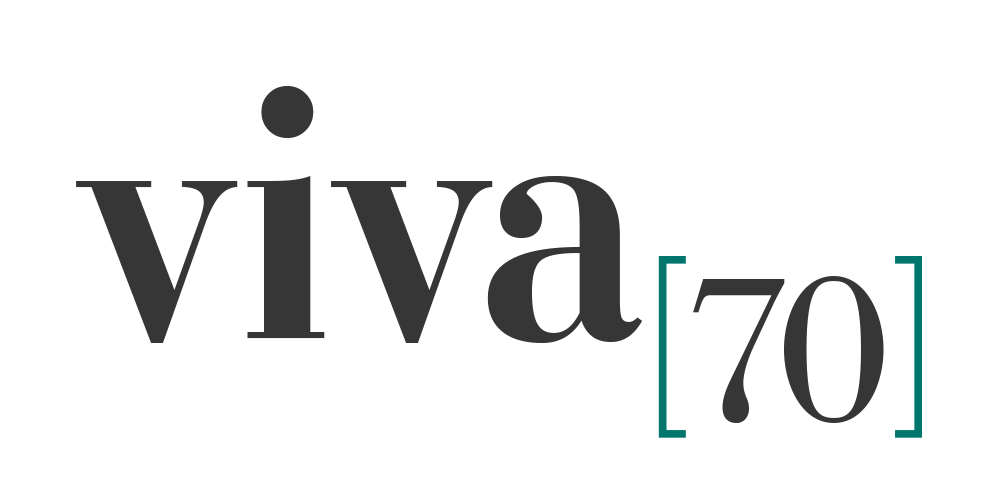
Life has no remote, get up and change it yourself. This wisdom wandered in the Instagram stratosphere last week. I like it. Self-efficacy at its best. But the world had other plans last week. In Australia, the pale, withering form of a recession hovers and the government acted to stimulate spending. Pensioners will get $750 cash grant. Yes! At last good news. Being a good Australian I immediately headed to the shops to start stimulating the economy by buying a new rug. Job done.
The next night I again watched the evening news. A different mood tonight and every night this week. Corona Virus measures. Closing borders. Events cancelled. People out of work. Stay at home. Panic buying. Rationing. Some schools closed. The world as we know it changed tonight. Each night since there are new measures announced to manage this virus and flatten its growth curve so our health system can cope.
It’s ironic that last week I wrote about the need to keep revisiting our stories about our lives- re authoring. The Corona virus demands that we reshape our stories about how we see ourselves, how we will live and what’s important in life..at least for the next few months and beyond.
Here’s what I’ve been thinking about and organising this week. You may have other different approaches, please share your ideas so that others can consider options too.
First responses – panic and disbelief
As the messages about Corona Virus start to sink in there’s a range of responses- denial, (she’ll be right, it’ll all be over soon etc) disbelief, feelings of vulnerability, panic, (toilet paper wars) heightened anxiety and confusion. My anxiety index is elevated and a stunned mullet is the most accurate description of myself this week.
- Tune in to how you are feeling – tone down the anxiety by whatever works for you. I spent an afternoon walking at a reservoir near by, sitting, listening to the birds and lowering the anxiety meter.
- Talk to others about what they are doing, how they feel. Many people have flu symptoms so the telephone is king!
- Take stock of all the good/ positive things you bring to this crisis. I have enough money to be able to stock up a 14 day supply of food, I have a loving supportive family, I have skills and intelligence to access information, I am basically computer literate so I can stay connected etc
Coping with Information overload
We are being pounded with information and changing advice. It’s the economy, sharemarket, collapsing small business, recession, bail-outs. It’s food shortages and panic buying and stockpiling for home isolation. It’s herd immunity, co-morbidity factors and flattening the curve. In one week our age group of over 60’s has gone from being portrayed as active, stay in the workforce contributors to vulnerable older people experiencing a higher death rate from Corona virus than other groups. Now that’s called RESCRIPTING!
In times of uncertainty my go- to position of safety is to learn. So I have watched, listened and read everything that I can about this virus. Sieving the deluge of fact, opinion and expert opinion from WHO, medical experts and political leaders. It’s a coping mechanism. But learning and discriminating what are the reliable useful sources of information is important. In Australia Dr Norman Swan is a well known broadcaster of the Health report and the ABC has been clever in using him as the calm factual front man for answering viewer questions about the Corona virus. Here are some ideas for coping with news overload. The Doherty Institute for Infection and Immunity is releasing quality information and at the forefront of research. www.doherty.edu.au My new pin -up man is Professor Peter Doherty who is appearing on media as an expert in the field. No Nonsense here. Straight speaking and brilliant.
- Access quality information- medical experts, facts, steer clear of political spin, use reliable sources of news
- Have a news free day. Tag team with a friend. tell them you will be news free every Tuesday and that they need to tell you if there is something big happening that day..new health measures etc.
- Use social media for social contact only.. not for news. Stick to reliable sources.
- Staying informed with FACTS rather than opinion is a big job. Understand. Ask questions.

Plan and Act
Things are moving fast and new measures are being introduced to manage this virus. At this time most of us are well and able to think about what we need to do. Panic buying is acting without thinking it through. But what is needed is thinking, planning and then acting. In business we use scenario planning. If this happens then this is what I need to plan for. We do this as a thinking response anyway but its usually a random and erratic process drenched in panic and fear. So what I’m suggesting is taking an hour with your partner or if you live alone, this is even more important…taking the time to think through different situations and what needs to be put in place. This is what I did this week. You may have other ideas..please share.
Scenario 1: I’ve been working on getting the house ready for sale for the past month. Due to go on the market this weekend. This is an easy if painful decision. Photoshoot went ahead on Monday. Now shelve the sale until September or when it makes sense. Clear decision. The market has collapsed. Cry, howl and then simply move on.
Scenario 2: Anxious about my health. 2 Bouts of flu in the past 6 weeks..no fever, mild, the bouts last a week then I’m as bright as a button. But I’m anxious. I want to see my granddaughter but is it safe? I’m very mindful that the medical system is exhausted and I don’t want to be a bother. But I would really like to speak to my doctor..not just any doctor who is available. No urgency. I contact the medical centre. They are brilliant. I book a phone consult with my lovely doctor for 2pm that day. I work through my concerns, I learn the procedure if I do become severely ill with flu, I renew my prescriptions of all my meds. Job done. He conducts a structured risk assessment and reassures me I just have another of the many strains of flu and I currently don’t have the profile for Corona Virus even though I have co-morbidity factors such as asthma & high BP.
Why am I telling you this in so much detail? That 10 minute conversation with an informed, calm expert reduced the anxiety but even more than that it gave me the specific information I need to know….don’t see your granddaughter until at least 2-3 days after you have been symptom free from an ordinary bout of flu….…. This is the procedure if you get really sick… I now have a months supply of the meds I need. I feel organised if my circumstances change. Prepare what questions you have, be efficient but you are not a “bother!” Get your plans sorted, especially if you live alone.
Scenario 3: Preparing for extended Self- Isolation
Scenario planning also asks you to plan for the worst case scenario. It’s a bit like having a bushfire survival plan. Think of the worst case scenario that you can still have some control over. You live alone. (being partnered, you still need to have a plan!) You are housebound for a month. (because we are a vulnerable age group for Corona virus there are discussions overseas about asking older people to self isolate for a month) Its winter. You are sick with flu but not with Corona Virus. Your family live 2 hours away and they also have flu and cannot visit) You need to plan for such an eventuality.
Heating (or cooling if you’re in the northern hemisphere) My ducted heating system is working but temperamental so I bought a large convection heater as back up . Daylesford winters are brutal by Oz standards! Think about the critical items in your house that may breakdown and if you can buy a back-up. Buy wood now if you rely on a wood stove or chop the wood you need now.
Supplies Ok this is where planning is important. Don’t panic buy. Plan what you really need. Fresh produce is important for your health. Find a way to access fresh fruit and veg. Make up some soups and meals you can microwave. Do a few extra for friends and family. If tissues are not available source old fashioned handkerchiefs, serviettes or even dish wipes you can wash and reuse. Also think about a small supply of light bulbs and batteries.
Prescription meds Make sure you have a months supply
Friendship Trees– so important. Connect with people who live around you, friends and neighbours and set up a support tree- much like the telephone trees in the bushfire season. People check in on each other. People who are well and active can support those who are sick with a container of soup or just a check-in phone call. set up these connections now not if and when you get sick.
This is all new to us. We are learning as we go. But we are all Ok and it will pass. Find your calm place and connect with others. If you’ve never used Skype or Facetime now is a great time to learn! Be well my friends… and share your ideas with the viva community!
